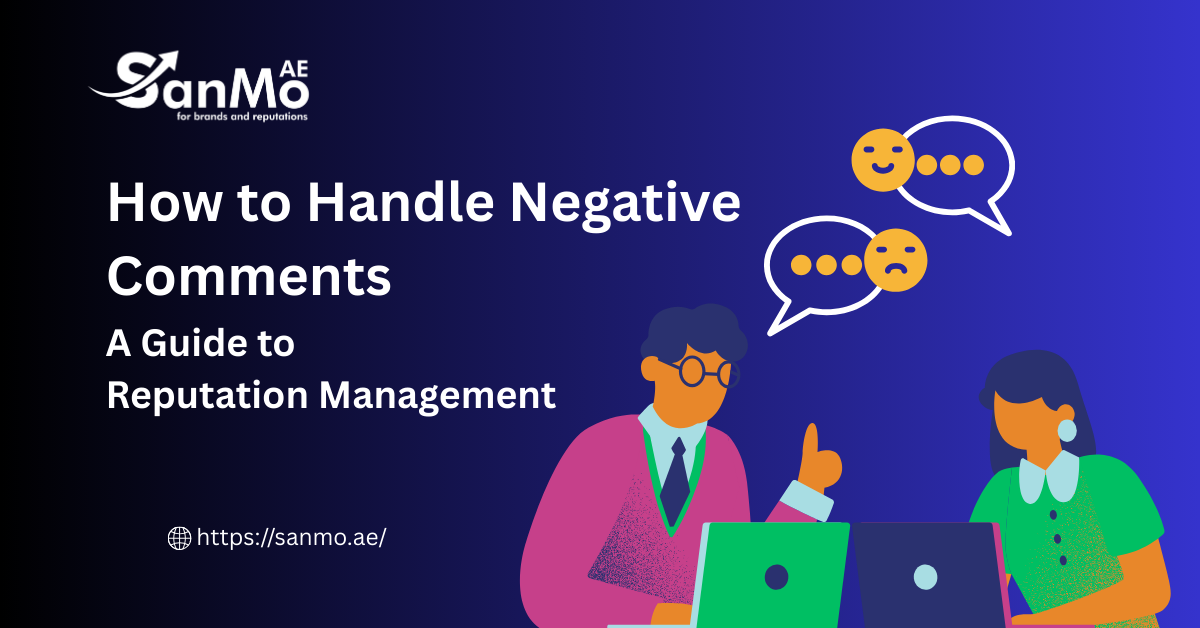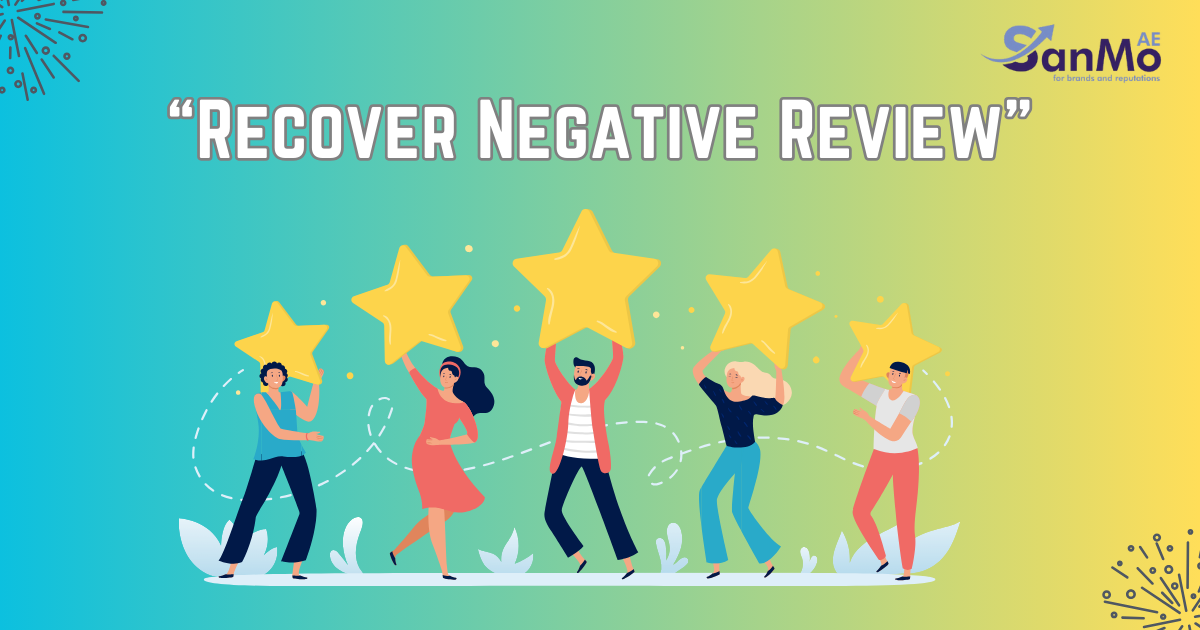Building a website starts with two fundamental decisions: choosing a domain name and selecting a hosting service. These foundational elements determine how visitors find your site and how well it performs once they arrive.
Many newcomers to web development find themselves overwhelmed by the technical jargon and seemingly endless options available. The good news? Understanding domain and hosting services doesn’t require a computer science degree. With the right information, you can make informed choices that set your website up for success from day one.
This comprehensive guide breaks down everything you need to know about domain and hosting services, from basic concepts to advanced considerations. Whether you’re launching a personal blog, building an e-commerce store, or creating a corporate website, you’ll gain the knowledge needed to make confident decisions about your online presence.
Understanding Domain Names: Your Digital Address
A domain name serves as your website’s unique address on the internet. Just as your home has a physical address that helps people find you, your domain name helps visitors locate your website among millions of others online.
How Domain Names Work
When someone types your domain name into their browser, a complex system called the Domain Name System (DNS) translates that human-readable address into an IP address that computers can understand. This process happens in milliseconds, creating a seamless experience for your visitors.
Domain names consist of several parts. The most recognizable portion is the second-level domain—the part you choose, like “your company” in yourcompany.com. The top-level domain (TLD) comes after the dot, such as .com, .org, or .net.
Choosing the Right Domain Name
Your domain name represents your brand online, making this choice crucial for long-term success. Keep these principles in mind when brainstorming options:
Make it memorable and brandable. Short, catchy names stick in people’s minds better than long, complex ones. Avoid hyphens, numbers, or unusual spellings that might confuse potential visitors.
Consider your target audience. If you’re serving a specific geographic area, a country-specific TLD like .co.uk or .ca might make sense. For global brands, .com remains the gold standard.
Think about SEO implications. While exact-match domains carry less weight than they once did, having relevant keywords in your domain can still provide a modest boost to your search engine rankings.
Domain Registration Process
Registering a domain involves working with an accredited domain registrar—companies authorized to reserve domain names on your behalf. Popular registrars include GoDaddy, Namecheap, and Google Domains, each offering different pricing structures and additional services.
Most domains require annual renewal, though you can typically register for multiple years upfront. Prices vary significantly based on the TLD you choose, with .com domains generally costing between $10-$15 per year.
Web Hosting Fundamentals: Where Your Website Lives
While your domain name tells people where to find you, web hosting provides the actual space where your website’s files, images, and databases reside. Think of hosting as renting space on a powerful computer (server) that stays connected to the internet 24/7.
Types of Web Hosting
Different hosting solutions cater to varying needs and budgets:
Shared Hosting places your website on a server alongside many others, sharing resources like processing power and memory. This affordable option works well for new websites with modest traffic expectations, typically costing $3-$10 monthly.
Virtual Private Server (VPS) Hosting provides dedicated resources within a shared physical server. You get more control and better performance than shared hosting while maintaining reasonable costs, usually ranging from $20-$80 per month.
Dedicated Server Hosting gives you an entire physical server for your exclusive use. This premium option delivers maximum performance and control but requires technical expertise and significant investment, often $100-$300+ monthly.
Cloud Hosting distributes your website across multiple servers, offering excellent scalability and reliability. Pricing typically follows a pay-as-you-go model based on actual resource usage.
Key Hosting Features to Evaluate
When comparing hosting providers, examine these critical factors:
Uptime Reliability: Look for hosts guaranteeing 99.9% uptime or better. Even small amounts of downtime can impact your business and search engine rankings.
Loading Speed: Fast servers and optimized configurations directly influence user experience and SEO performance. Many hosts now offer SSD storage and Content Delivery Networks (CDNs) to boost speed.
Security Measures: Your hosting provider should include SSL certificates, regular backups, malware scanning, and other protective features to keep your website safe.
Customer Support: Technical issues don’t follow business hours. Choose hosts offering 24/7 support through multiple channels, with knowledgeable staff who can resolve problems quickly.
Scalability Options: Your hosting needs will likely grow over time. Ensure your provider offers easy upgrade paths without requiring complex migrations.
Making Domain & Hosting Services Work Together
Successfully launching a website requires coordinating your domain registration with your hosting setup. This process involves configuring DNS settings to point your domain name to your hosting server’s IP address.
Integration Best Practices
Many hosting providers offer domain registration services, creating a convenient one-stop solution. However, some website owners prefer keeping domains and hosting separate to maintain flexibility and avoid vendor lock-in.
If you choose separate providers, you’ll need to update your domain’s nameservers to point to your hosting company’s servers. Most reputable hosts provide detailed instructions and support for this process.
SSL Certificates and Security
Modern websites require SSL certificates to encrypt data transmission between visitors and your server. Most hosting providers now include free SSL certificates, but verify this feature when comparing options. Browsers display security warnings for non-SSL sites, which can harm your credibility and search rankings.
Cost Considerations and Budgeting
Domain and hosting services represent ongoing expenses that should fit comfortably within your website budget. Domain costs are relatively predictable, but hosting expenses can vary significantly based on your chosen plan and provider.
Hidden Costs to Watch For
Some providers advertise low introductory rates that increase substantially upon renewal. Read the fine print carefully and budget for regular pricing, not promotional rates.
Additional services like premium support, enhanced security features, or automated backups often carry extra charges. Evaluate which add-ons provide genuine value for your specific needs.
Money-Saving Strategies
Purchasing multi-year hosting plans typically reduces monthly costs, though this approach requires confidence in your chosen provider. Many hosts also offer discounts for bundling domain registration with hosting services.
Consider your actual needs rather than choosing plans with excessive resources you won’t use. Starting with a modest plan and upgrading as needed often proves more economical than over-provisioning from the beginning.
Frequently Asked Questions
Can I change hosting providers later?
Yes, though the process requires some technical steps. Most hosting companies offer migration assistance, and many website platforms include built-in transfer tools.
What happens if I don’t renew my domain?
Expired domains enter a grace period where renewal remains possible, followed by a redemption period with higher fees. Eventually, expired domains return to public availability.
Do I need technical knowledge to manage hosting?
Basic hosting management requires minimal technical skills, especially with user-friendly control panels like cPanel. However, advanced customization and troubleshooting benefit from technical expertise.
How much storage and bandwidth do I need?
Most small to medium websites operate comfortably within 1-5GB of storage and standard bandwidth allocations. E-commerce sites and media-heavy websites typically require more resources.
Building Your Online Foundation
Domain and hosting services form the cornerstone of your web presence, making informed choices essential for long-term success. Take time to research providers, read reviews, and understand the terms of service before committing.
Consider starting with reputable, established providers that offer good customer support and transparent pricing. As your website grows and your needs evolve, you can always upgrade or migrate to more suitable solutions.
Remember that the cheapest option isn’t always the best value. Investing in reliable domain and hosting services provides peace of mind and helps ensure your website remains accessible and performs well for your visitors.
Once you’ve chosen the right domain and hosting plan for your website, the next step in building a strong online presence is understanding how SaaS development services can help you design, develop, and deploy scalable software solutions that run seamlessly in the cloud.







